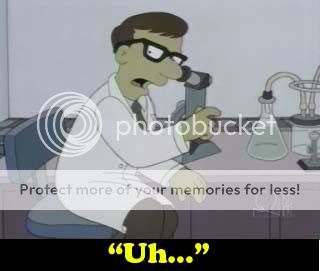- Joined
- Jun 16, 2010
- Messages
- 181
- Reaction score
- 3
AD+Pindolol? http://www.medscape.com/viewarticle/406472_7
AD+stimulant?
Instantaneous Augmentation? http://ajp.psychiatryonline.org/cgi/content/abstract/167/3/281
AD+Phototherapy? http://altcancerweb.com/bipolar/nov...ment-hastens-antidepressant-effect-celexa.pdf
Lexapro? http://norge.lundbeck.com/Norway/02_Helsepersonell/Cipralex/Onset%20of%20action%20of%20escitalopram%20compared%20with%20other%20antidepressants.Kasper.2006.pdf
Remeron? http://www.ncbi.nlm.nih.gov/pubmed/11444761
AD+stimulant?
Instantaneous Augmentation? http://ajp.psychiatryonline.org/cgi/content/abstract/167/3/281
AD+Phototherapy? http://altcancerweb.com/bipolar/nov...ment-hastens-antidepressant-effect-celexa.pdf
Lexapro? http://norge.lundbeck.com/Norway/02_Helsepersonell/Cipralex/Onset%20of%20action%20of%20escitalopram%20compared%20with%20other%20antidepressants.Kasper.2006.pdf
Remeron? http://www.ncbi.nlm.nih.gov/pubmed/11444761
Last edited:


